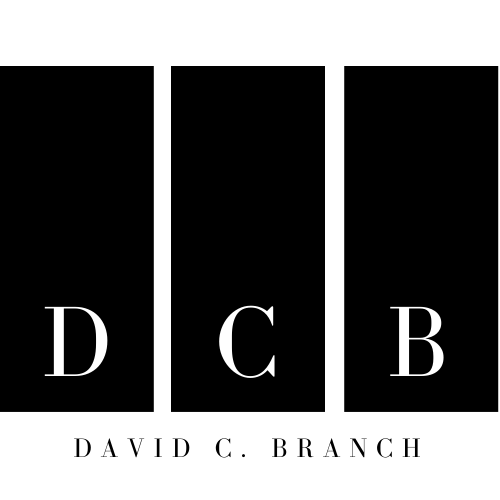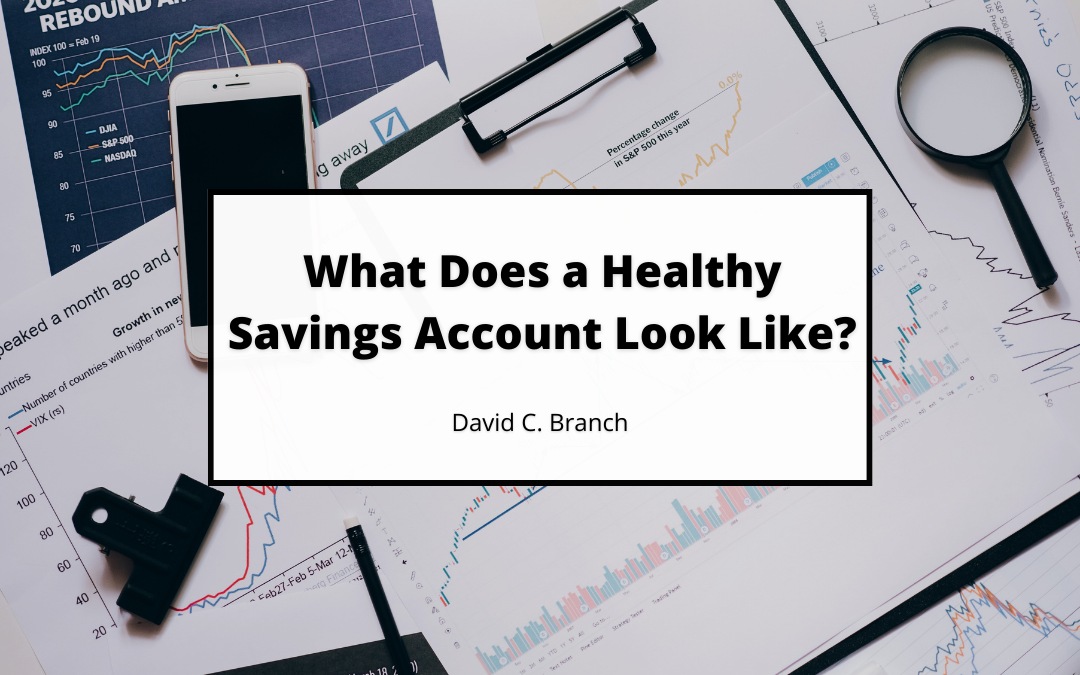Here are some key factors to consider when opening a savings account. Most people open a savings account because it’s their primary mode of financial transactions. It allows them to save for their future needs and build a nest egg for their family. Unfortunately, this account is the least researched type of financial instrument. Before you start investing in a savings account, it’s important that you thoroughly understand its various features. This will allow you to choose the best one for your needs.
Interest rate
When compared to other types of investments, savings accounts offer the lowest interest rates. Even though the Reserve Bank of India deregulated the interest rates in 2011, most banks still offer low rates on these accounts. While some private banks offer better rates, it’s essential to thoroughly research the details of these accounts before making a decision.
Minimum cash balance
Public sector banks typically have low minimum cash-balance requirements for savings accounts. On the other hand, private sector banks require large deposits to operate. Choosing a bank that doesn’t require you to have a substantial amount of money in your account is important.
Presence or network of the bank/financial institution
The rise of web-based banking applications has led to the evolution of the banking industry. However, certain transactions still require a visit to a branch. Having a bank that has a vast network is beneficial for people who are looking for a convenient and secure financial service.
Service charges / ancillary fees
Some financial institutions charge additional fees for certain services, such as SMS alerts, cheque-book, and duplicate ATM cards. It’s important to be aware of these charges before opening a savings account. Having a more transparent bank can help you avoid costly charges.
Debit-card deals
Many banks offer various perks and benefits on their debit cards to differentiate themselves from their competitors, such as insurance coverage and cash-back offers. Unfortunately, some banks charge an annual fee on these cards. Some banks even waive this fee if the annual transactions reach a certain threshold. For instance, some banks offer platinum and gold debit cards, which come with various benefits but typically come with a yearly fee.
Doorstep banking facilities
Due to the increasing number of people working and busy lifestyles, some private banks have started offering doorstep services such as cash pickup and delivery. They also begin accepting deposits through this facility.
Although some banks provide these services at their preferred locations, all these charges come at a high price. Before opening a savings account with a bank, it’s important to consider the various features and services it offers. Some banks have also started offering specialized banking verticals designed to cater to high-net-worth individuals.
Consumerist banking involves analyzing the various factors that affect a bank’s long-term relationship with its customers. Doing so will allow you to have a transparent and profitable relationship with the institution.

